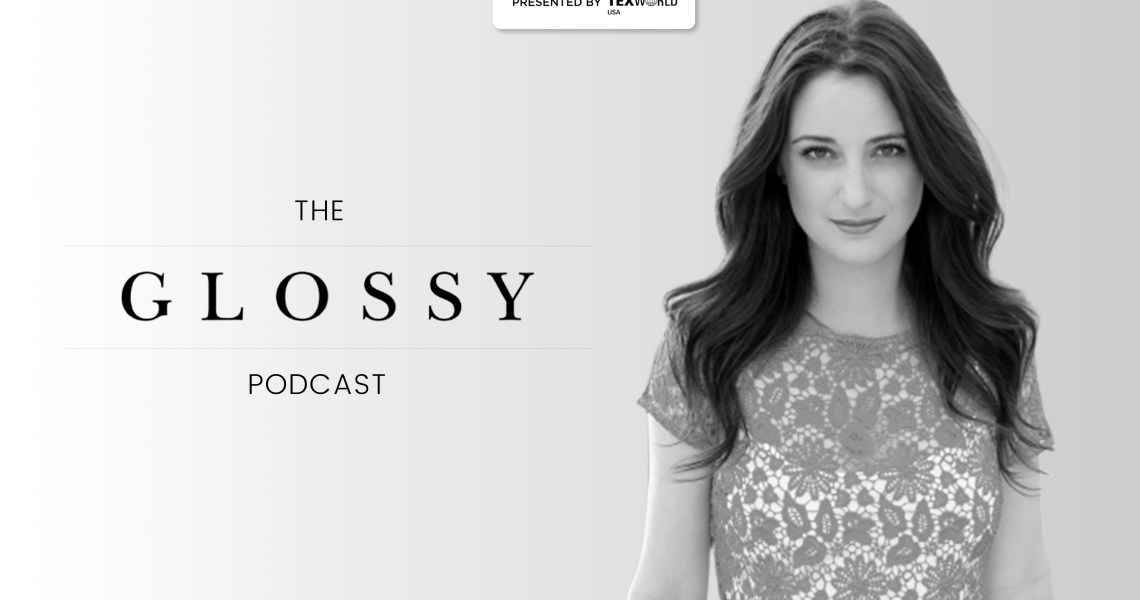Subscribe: iTunes | Stitcher | Google Play |Spotify
When celebrity stylist and author Micaela Erlanger started her styling business in 2013, the fashion world was a much different place than it is today: Instagram was still in its early days, collections came out according to a strict fashion calendar, and lookbooks were sent through snail mail.
“I don’t know how I used to do my job — thank god for technology,” said Erlanger. “I might as well have been sitting at a fax machine sending through my requests. I can do everything ten times faster now. The game has changed.”
Today, Erlanger is working faster and has more access than ever before to new designers and brands.
On this week’s episode of The Glossy Podcast, Hilary Milnes sits down with Erlanger to discuss how the role of the celebrity stylist has evolved, the importance of Instagram and why Fashion Week is still relevant to her. Edited highlights below.
Using Instagram to connect with new brands
“In terms of social and Instagram as platforms for discovering new things, I spend every morning scrolling through my feed. My direct message inbox is just as important as my email. I have brands from all over the world reaching out to me, hoping to get noticed, to have access, to connect or to share something with me, and that’s invaluable. I wouldn’t have been able to find some of the things I have, before now, if brands didn’t send me a hard lookbook or PDF. That’s how you would look at all the collections, or on Vogue where they would have them all showcased. But if you weren’t on Vogue or didn’t have my email address, you wouldn’t be able to find me, and I would miss out on this world of opportunity and creative newness. I think Instagram is a phenomenal tool.”
The relevance of Fashion Week
“Attending shows is still hugely important, but it’s changed. It’s more of a spectacle and an event. For me, I want to see all the other pieces that aren’t shown on the runway — and there’s much more clothing in a collection than what you see going down the runway. I love going to the shows, because it’s this sort of editorialized dream of a brand, and you’re being brought into that. That’s really important, because it’s part of the essence of the brand and part of the storytelling, but the real work is going to see the pieces in person.”




